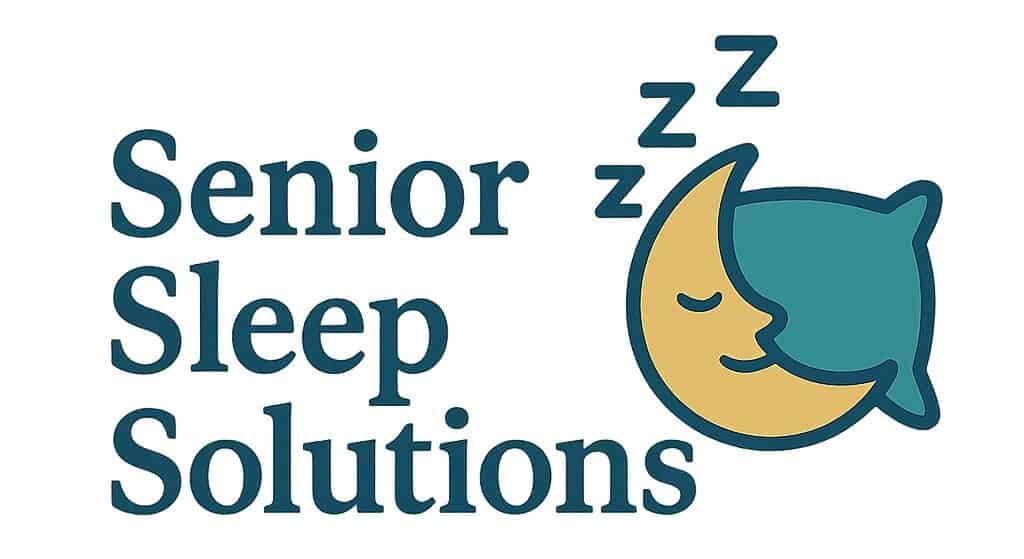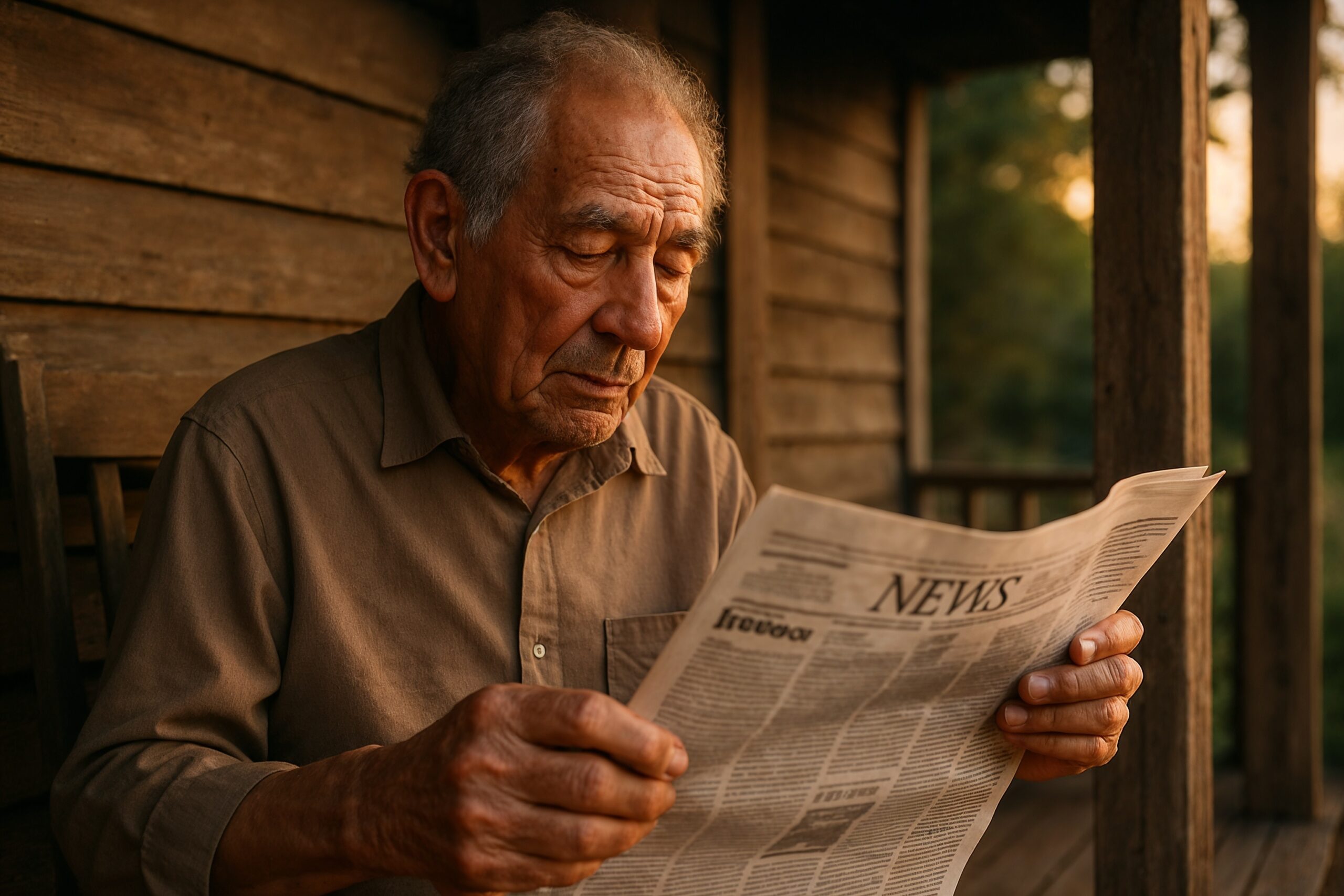If you’re anything like many of the folks I talk to, you’ve probably found yourself waking up at the crack of dawn lately, maybe even before the sun rises. You might be wondering, “Why am I waking up so early now?”
Well, you’re not alone, and I want to reassure you right away: waking up earlier as we age is very common. In fact, it’s one of the most talked-about sleep changes I hear from readers and friends alike. Let’s take a gentle stroll through what’s happening in our bodies, why early wake-ups become more frequent in our later years, and what you can do to feel more rested, even if your mornings are starting earlier than you’d like.
How Sleep Changes as We Get Older
As we age, our sleep patterns naturally shift. According to the Sleep Foundation, older adults often find themselves getting sleepy earlier in the evening and waking up earlier in the morning. This is a normal change in what’s called our circadian rhyth, our internal body clock that helps control when we feel awake and when we feel sleepy.
We also spend less time in the deeper stages of sleep than we did when we were younger. That means our sleep becomes lighter and easier to interrupt. Add to that a natural decline in melatonin (the hormone that helps us fall and stay asleep), and you can see why many older adults wake up early, and sometimes have trouble falling back asleep.
Why Do Seniors Wake Up So Early?
While it’s comforting to know that some of this is just part of getting older, there are a few other reasons why early wake-ups might be happening more often. Here are some of the most common ones I’ve come across, both in my research and in conversation:
- Changes in Routine: Retirement often means less structure during the day, and that can affect how sleepy we feel at night. If you’re going to bed earlier than usual, it’s no surprise you’re waking up earlier too.
- Bathroom Trips: Nighttime trips to the bathroom — called nocturia — are incredibly common as we age. Sometimes, waking up early simply means your bladder is calling.
- Discomfort or Pain: Chronic conditions like arthritis or back pain can make it hard to stay asleep. As sleep gets lighter, even a little discomfort can be enough to wake you up.
- Medications: Some prescriptions (especially diuretics or certain antidepressants) can disrupt sleep patterns. Always talk with your doctor if you suspect a medicine might be affecting your rest.
- Sleep Disorders: Conditions like sleep apnea or insomnia tend to show up more often later in life. If you snore, wake up gasping, or have trouble staying asleep, it’s worth bringing up with your doctor.
When Early Waking Is a Problem
Waking up early isn’t always a bad thing, especially if you’re going to bed early and waking up feeling refreshed. But if you’re waking at 3:00 or 4:00 in the morning and struggling to get back to sleep, that’s a different story.
The National Institute on Aging reminds us that persistent sleep problems can lead to fatigue, mood changes, and even memory trouble. If that sounds familiar, don’t tough it out. A sleep specialist or primary care doctor can help you sort through what’s going on.
Gentle Tips for Sleeping Better as You Age
If you’re hoping to sleep a little longer, or at least feel more rested, there are some gentle changes that can make a big difference. Here are a few tips I often share:
- Stick to a schedule: Try to go to bed and wake up at the same time each day, yes, even on weekends. That consistency strengthens your natural rhythm.
- Get morning sunlight: Natural light helps reset your body clock. A walk outdoors in the morning can help you feel sleepy later at night.
- Watch what (and when) you drink: Limit caffeine after noon and ease up on liquids after dinner to avoid middle-of-the-night bathroom runs.
- Create a sleep-friendly bedroom: Keep your room dark, quiet, and cool. A white noise machine or blackout curtains might be a good investment.
- Limit naps: A short rest in the early afternoon is fine, but long or late naps can keep you from falling asleep at bedtime.
- Wind down gently: A warm bath, light stretching, or a few pages of a calming book can help you transition into sleep more smoothly.
If none of these ideas seem to help, consider keeping a sleep journal for a week or two. Jotting down your bedtime, wake-up time, and how you feel during the day can reveal helpful patterns to share with your doctor.
It’s Okay to Be an Early Bird
Here’s the truth I’ve learned: waking up earlier doesn’t mean something is wrong. In fact, some of the most peaceful moments can happen in those quiet morning hours. If you’re waking up early and feel rested and energized, there may be no need to change a thing.
But if early waking is leaving you tired or dragging through the day, don’t ignore it. A little self-care and a conversation with your healthcare provider can go a long way toward better rest.
You deserve to feel refreshed, focused, and well no matter what time your eyes open in the morning.

